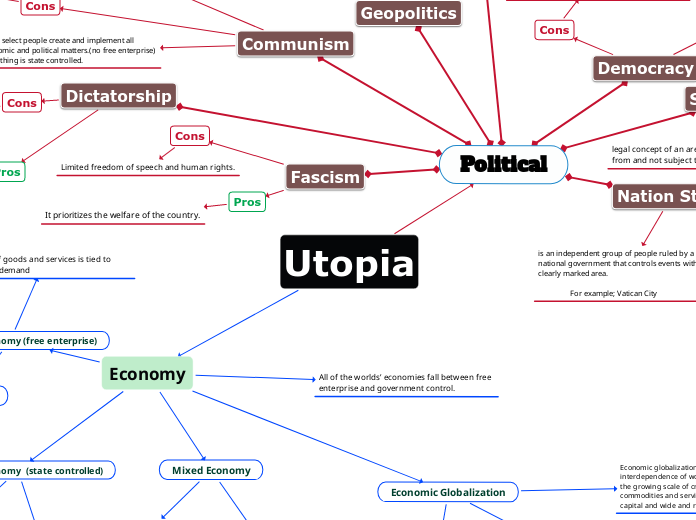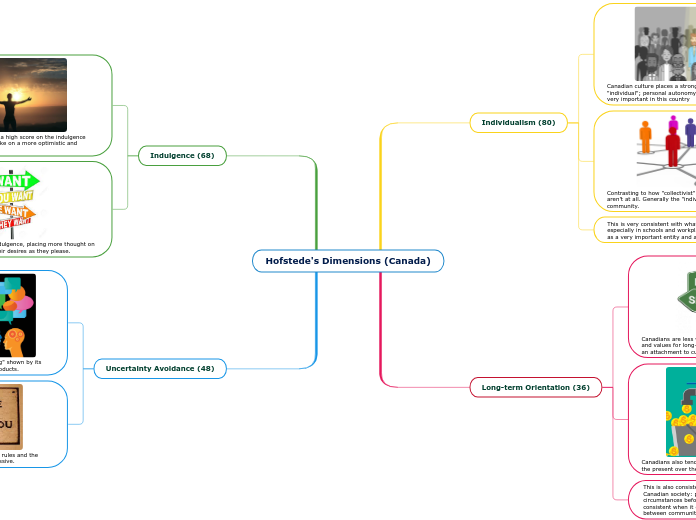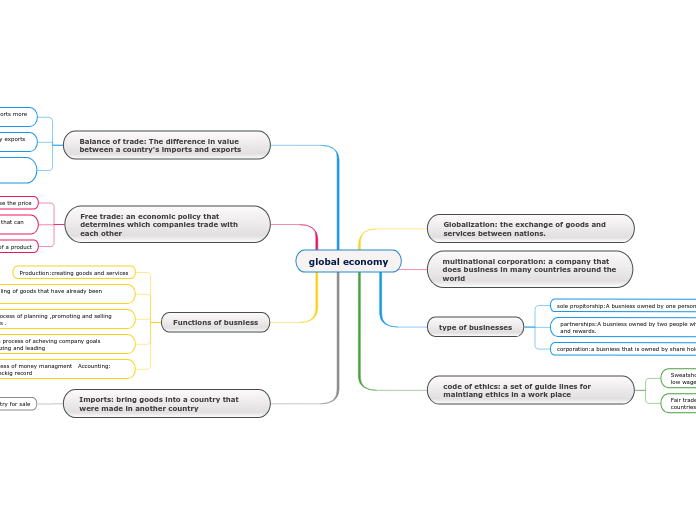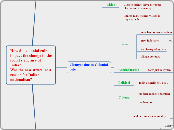Utopia
Political
Dictatorship
Crime levels decrease quickly when a dictatorship arises in society.
Dictators have the first priority of staying in power for as long as possible.
Fascism
It prioritizes the welfare of the country.
Limited freedom of speech and human rights.
Sovereignty
The legislative branch is typically elected directly by the people and is thereby meant to represent the will of the people. By giving legislators supreme power over a ruler or the judicial branch (members of which are usually appointed by a senior executive), the people have tremendous power.
Critics typically point out that the system gives one branch too much power over the others. They argue that there should be limits of the power of the legislative branch so that it's not able to legislate whatever it wants.
legal concept of an area that is independent from and not subject to outside rule.
Nation State
-Immigration.
-Global capitalism and neoliberalism.
-Minorities' challenge to nation-based citizenship.
-National disintegration.
-Cultural globalization.
-Global civil society.
-Global risks.
=Religious extremism.
Their lack of centralised dictatorship has enabled their societies and economies to develop, they are the sole environment in which democracy can appear, and they do not have a tendency to increase their territory.
is an independent group of people ruled by a national government that controls events within a clearly marked area.
For example; Vatican City
Ideology
System ideologies justify the preservation of the status quo. Such ideological imperatives foster a pro-system sense of the self, justifying the acceptance of a status quo that harms the material interests of the self. On the other hand, anti-system ideologies justify social change and resistance to the status quo.
is a set of values and beliefs that a nation uses as the basis of there way of life.
Communism
Some people are wealthy in a democracy, while others are not. You would inherit wealth if you were born into a wealthy family. In a communist country, this is not the case. Families do not inherit money from their ancestors, and no wealth exists. Any ordinary person can lead an extraordinary life based on intelligence and talent. To be successful and wealthy, one does not have to be born into a wealthy family.
A communist country’s goal is to have all citizens working toward a common goal. As a result, citizens aren’t always able to pursue their passions. People are assigned jobs based on what the country as a whole requires. If you are a fantastic writer or artist, but the government does not see how you can help everyone, you will not be able to make these jobs a career. Instead, they will place you in a job where you will be uninterested in doing anything to help the country.
a few select people create and implement all economic and political matters.(no free enterprise) Everything is state controlled.
Geopolitics
is the interplay of geography and politics, nationally or internationally.
For example; foreign aid, immigration, trade, environmental protections.
Democracy
Encourages personal involvement, Promotes equality, and decentralizes government power.
There is consistent precariousness in Democracy as the pioneers continue to change in the Democracy as the races are held routinely.
citizens exercise political power by electing officials who will govern within them within the laws of the land.
*based on the majority
*protection of the rights of minorities
*accountability of the government
*freedoms of expression, assembly, religion, and the press.
*independent judiciary
*rule of law applies to all citizens
Economy
Economic Globalization
The advantages of globalization are actually much like the advantages of technological improvement. They have very similar effects: they raise output in countries, raise productivity, create more jobs, raise wages, and lower prices of products in the world economy.
Globalization inevitably leads to the movement of industries to achieve economies of scale. Manufacturing industries have been the biggest losers in recent decades. The NAFTA agreement, for example, led many US-based manufacturers to relocate to Mexico./
Economic globalization refers to the increasing interdependence of world economies as a result of the growing scale of cross-border trade of commodities and services, flow of international capital and wide and rapid spread of technologies.
Mixed Economy
Merger Economy
A merger or acquisition may result in multiple staff members doing the same job at each individual company. By coming together and eliminating extraneous staff, a business can reduce its overall labor costs while maintaining a stronger, more effective labor force.
Increases market share. When companies merge, the new company gains a larger market share and gets ahead in the competition.
Combines alike businesses into one
-combination of the two extremes
Free Market Economy (free enterprise)
Free enterprise works because it allows people to do what they do best and trade for the rest. Competition is a driving force of free enterprise, resulting in greater efficiency and lower prices for the consumer. Countries embracing free market principles benefit from a higher standard of living.
Inflation. When the demand outgrows supply, it sets the scene for companies raising prices.
Capitalism
an economic and political system in which a country's trade and industry are controlled by private owners for profit, rather than by the state.
-the price of goods and services is tied to supply and demand
Command Economy (state controlled)
Pros
Command economy creates industrial power to complete massive projects while attaining imperative social goals.
Cons
Disadvantages of command economies include lack of competition, which can lead to lack of innovation, and lack of efficiency.
-the supply and price of goods and services is determined by the government and is a part of a planned economy
All of the worlds’ economies fall between free enterprise and government control.









